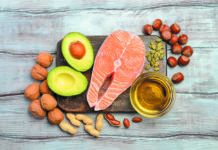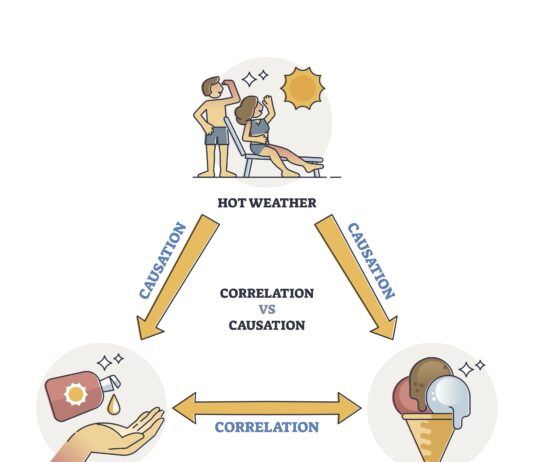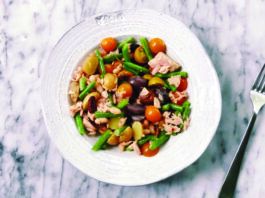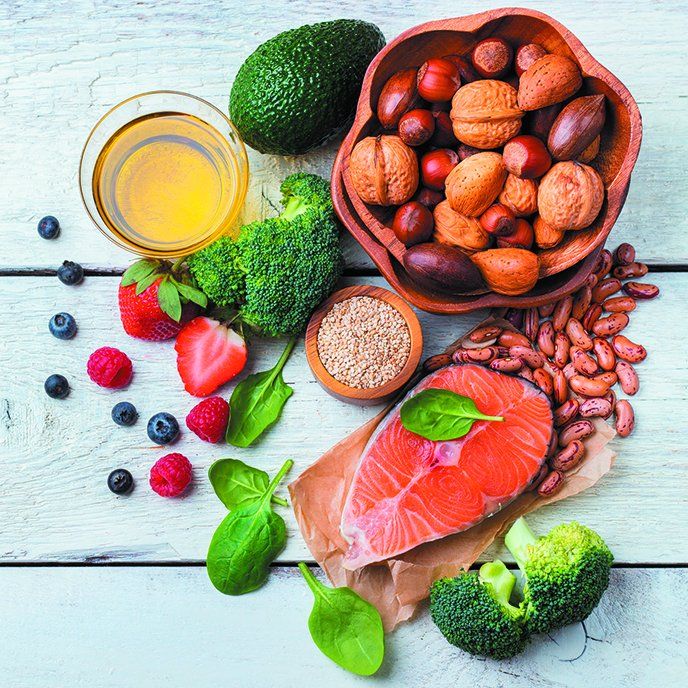What is High-Oleic Sunflower Oil?
High-oleic sunflower oil is a type of plant oil made from sunflower seeds that have been conventionally bred to be high in oleic acid (a monounsaturated fatty acid) and low in linoleic acid (a polyunsaturated fatty acid). There is a minimum of 80% oleic acid in high-oleic sunflower oil. In comparison, traditional sunflower oil has less oleic acid (around 20%) and more linoleic acid. Both high-oleic and traditional sunflower oils are low in saturated fatty acids. Either type of sunflower oil is a good choice from a cardiovascular standpoint, but the traditional oil is less commonly sold in stores or used by the food industry.
No Juice Before Age 1 Says New Advice from Pediatricians
Grandkids or kids at home? Note new advice from the American Academy of Pediatrics (AAP). The group revised its stance from no juice before 6 months old to no juice before one year old.
Watch Portions of Packaged Foods Marketed as Healthy
Portion-controlled packs of indulgent fare like cookies and chips may help people avoid overdoing such foods. A new study in the Journal of Business Research suggests such package cues may help us avoid overeating healthier foods, too.
Extra Pounds Probably Not Protective
Could carrying a little extra weight protect you from an early death - perhaps by giving you an energy reserve if you fall ill? Past studies have suggested this might be the case, but new research published in Annals of Internal Medicine challenges this thinking.
Physical Activity Is Anti-Inflammatory
Physical activity is good for your heart, but why? A big reason may be its role in lowering inflammation.
Seeking Sustainable Protein Sources
Getting protein from insects and soy-based imitation meat instead of livestock are efficient ways to reduce our agricultural land use and harmful emissions (such as greenhouse gases), says a recent analysis in Global Food Security.
Diet Causing 300,000+ Annual Cardiovascular & Diabetes Deaths
We're often told to eat better to ward off risk of disease and dying early. In that effort, knowing which eating habits to focus on could be helpful. Findings from a new study in JAMA show the large potential impact of 10 dietary factors on Americans' risk of dying from heart disease, stroke or type 2 diabetes. These three conditions encompass the term cardiometabolic disease.
Why Are Calcium-Fortified Foods Better Than Calcium Supplements?
Calcium is better absorbed and utilized if consumed in smaller amounts spread out during the day. Calcium-fortified foods typically contain smaller amounts of calcium than dedicated supplements. And, although people tend to focus on calcium and vitamin D for bone health, many other nutrients, such as potassium, magnesium, zinc, vitamin C and vitamin K, also are important for bones.
Does Decaffeinated Black Tea Have the Same Benefits?
The potential health benefits of regularly consuming black tea, such as lower risk of heart disease, certain cancers and osteoporosis, are likely due to the polyphenols it provides. Polyphenols may help protect our body in several ways, such as by helping prevent cell damage, supporting the immune system and fighting inflammation, among other mechanisms.
Menu Calories: Delayed Until May 2018
If you've been eagerly awaiting calorie counts on restaurant menus, you'll have to wait some more.































